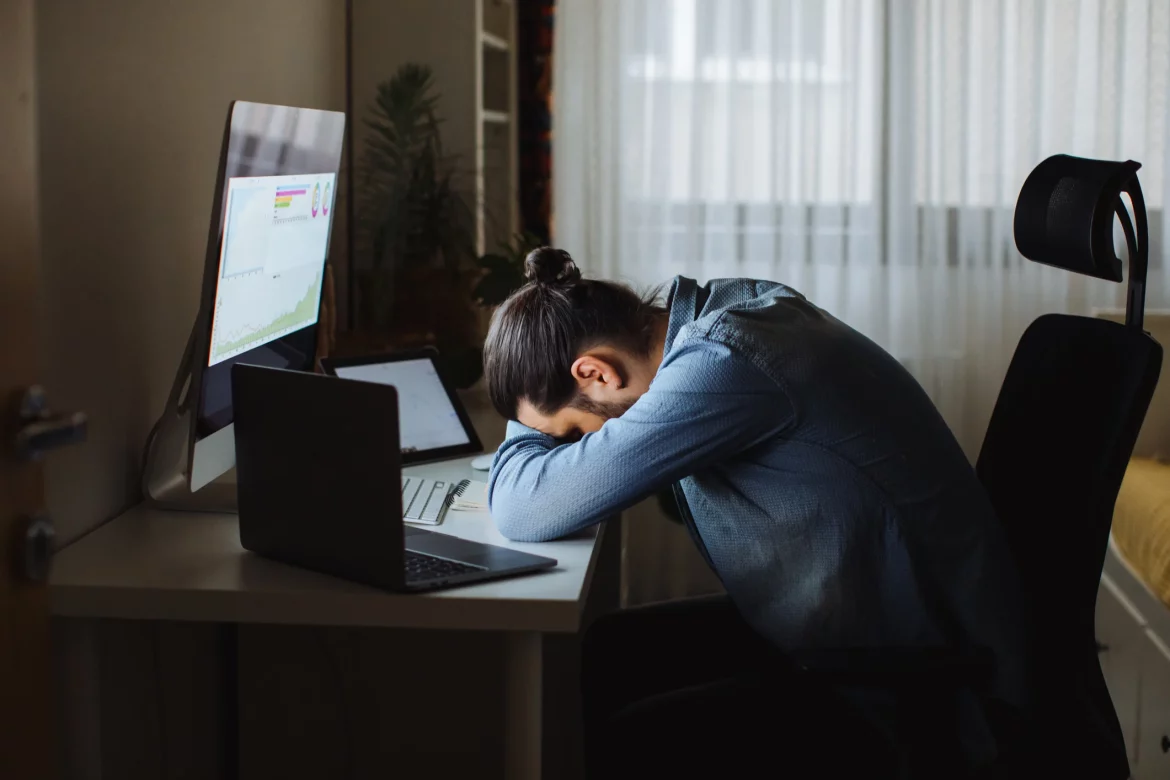Sleep is a vital aspect of overall health, playing a crucial role in various physiological processes. One area of interest and concern is the potential impact of sleep deprivation on blood pressure. While much attention has been given to the relationship between sleep and high blood pressure, the effects of inadequate sleep on low blood pressure are also worth exploring. In this article, we delve into the question: Does sleep deprivation cause low blood pressure?
Understanding Blood Pressure
Before delving into the effects of sleep deprivation, it’s essential to understand what blood pressure is and how it is regulated in the body. Blood pressure refers to the force exerted by the blood against the walls of the arteries as the heart pumps it around the body. It is typically expressed with two numbers: systolic pressure (the pressure when the heart beats) and diastolic pressure (the pressure when the heart rests between beats). A normal blood pressure reading is typically around 120/80 mmHg.
The Role of Sleep in Blood Pressure Regulation
Quality sleep is essential for maintaining a healthy blood pressure. During sleep, the body undergoes various processes that help regulate blood pressure. These include:
1. Blood Pressure Dipping: Normally, blood pressure experiences a natural dip during sleep, known as nocturnal blood pressure dipping. This dip is considered a crucial aspect of cardiovascular health, as it allows the cardiovascular system to rest and recover.
2. Parasympathetic Nervous System Activation: During deep sleep stages, the parasympathetic nervous system is activated, promoting relaxation and reducing sympathetic nervous system activity. This shift helps maintain optimal blood pressure levels.
3. Hormonal Regulation: Sleep influences the secretion of hormones such as cortisol, which plays a role in blood pressure regulation. Disruptions in sleep patterns can lead to dysregulation of these hormones, affecting blood pressure.
Effects of Sleep Deprivation on Blood Pressure
Now, let’s explore how sleep deprivation, defined as inadequate or poor-quality sleep, can impact blood pressure levels:
1. Nocturnal Blood Pressure Patterns: Studies have shown that sleep deprivation can disrupt the normal nocturnal blood pressure dipping pattern. Instead of experiencing a dip, individuals may exhibit sustained or even elevated blood pressure levels during sleep.
2. Sympathetic Nervous System Overactivity: Sleep deprivation is associated with increased sympathetic nervous system activity, leading to higher adrenaline levels and a subsequent rise in blood pressure. This overactivity can persist even during restful periods.
3. Endothelial Dysfunction: Chronic sleep deprivation has been linked to endothelial dysfunction, which impairs blood vessel function and can contribute to fluctuations in blood pressure, including episodes of low blood pressure.
4. Hormonal Imbalance: Sleep plays a crucial role in hormone regulation, including those involved in blood pressure control. Sleep deprivation can disrupt this balance, leading to abnormal hormone levels that may contribute to low blood pressure in some individuals.
The Link Between Sleep Deprivation and Orthostatic Hypotension
One specific condition related to low blood pressure and sleep deprivation is orthostatic hypotension. This condition is characterized by a sudden drop in blood pressure when transitioning from lying down to standing up. Sleep deprivation can exacerbate orthostatic hypotension, making individuals more prone to dizziness, lightheadedness, and fainting upon standing.
Managing Sleep Deprivation and Blood Pressure
Given the potential impact of sleep deprivation on blood pressure, it is essential to prioritize healthy sleep habits. Here are some tips for improving sleep quality and maintaining optimal blood pressure levels:
1. Establish a Consistent Sleep Schedule: Aim for a regular sleep routine by going to bed and waking up at the same time each day, even on weekends.
2. Create a Relaxing Sleep Environment: Make your bedroom conducive to sleep by keeping it dark, quiet, and cool. Consider using blackout curtains, white noise machines, or comfortable bedding.
3. Limit Stimulants Before Bed: Avoid caffeine, nicotine, and heavy meals close to bedtime, as these can interfere with sleep quality.
4. Practice Relaxation Techniques: Incorporate relaxation techniques such as deep breathing, meditation, or gentle yoga before bedtime to promote restful sleep.
5. Limit Screen Time: Minimize exposure to screens (phones, tablets, computers) before bed, as the blue light emitted can disrupt sleep patterns.
6. Seek Professional Help: If you experience persistent sleep problems or symptoms of low blood pressure, consult a healthcare professional for evaluation and guidance.
Conclusion
In conclusion, sleep deprivation can indeed have implications for blood pressure regulation, including the potential to contribute to low blood pressure. By understanding the mechanisms involved and adopting healthy sleep habits, individuals can mitigate the effects of sleep deprivation on blood pressure and promote overall cardiovascular health. Prioritizing quality sleep is key to maintaining a balanced and healthy blood pressure profile.


